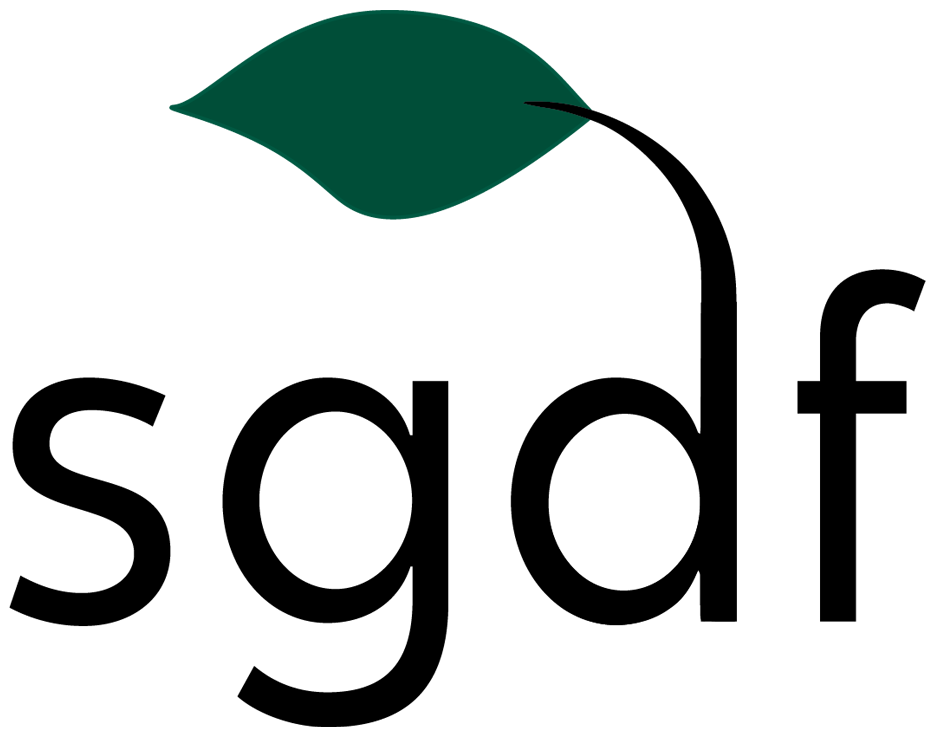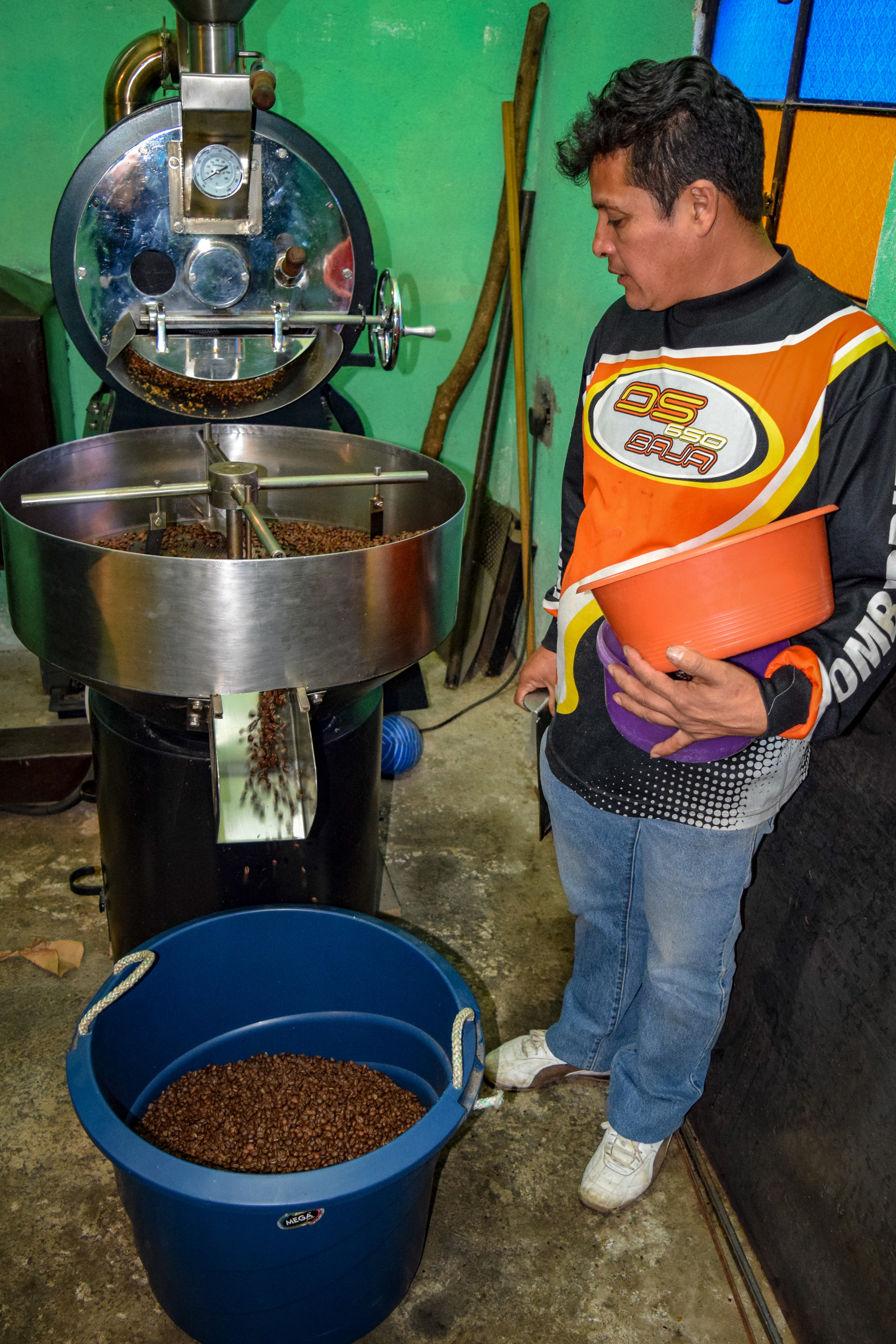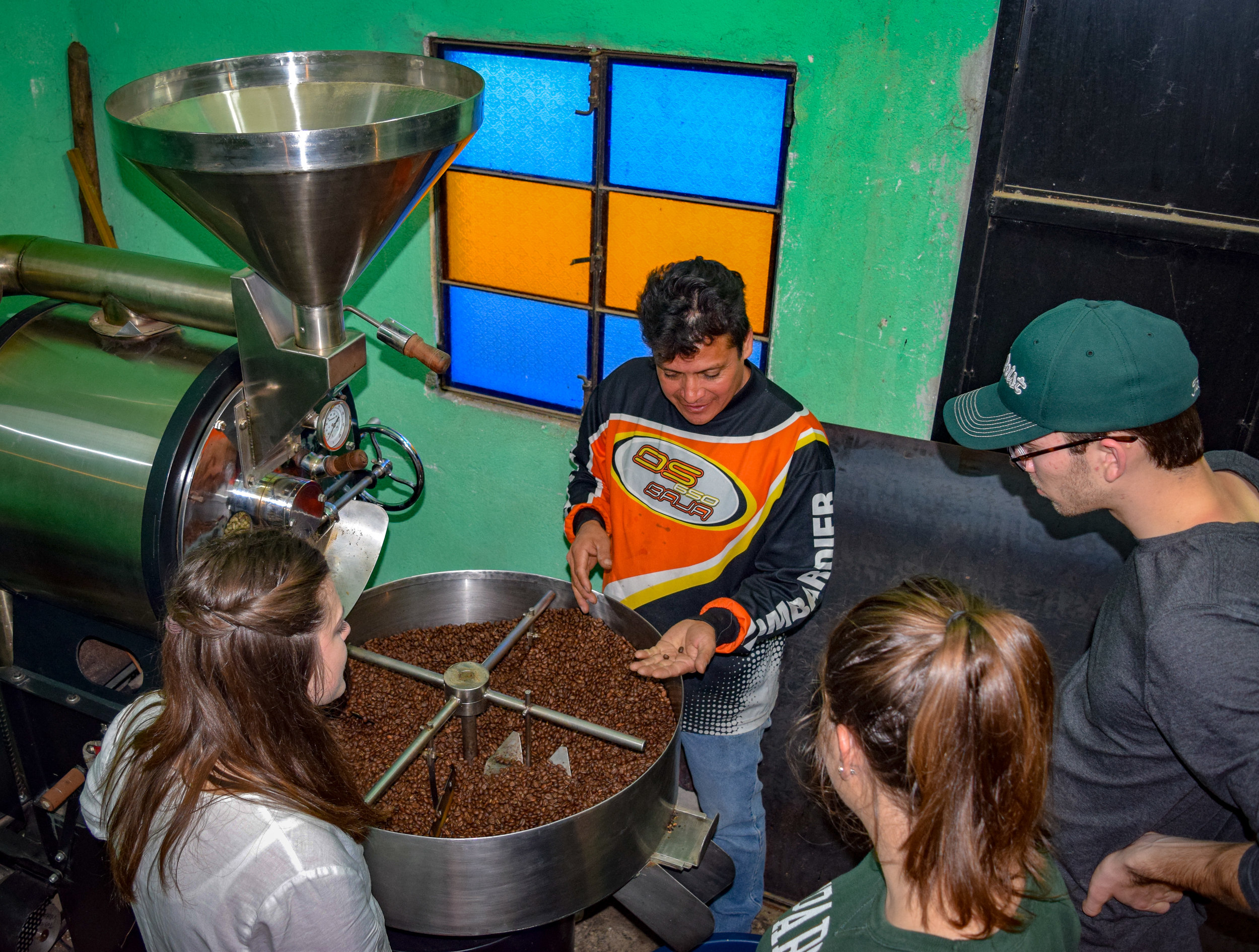By Professor Paulette L. Stenzel, Professor of International Business Law, Michigan State University
This coffee was roasted and packaged by Sr. Victor Cataví of San Miguel Escobar, Guatemala in early January. He was assisted by our Michigan State University Spartan Global Development Fund (SGDF) students who visited Guatemala over the holiday break 2017-2018. Students learned about the intricacies of and hard work involved in planting, tending, harvesting, sorting, roasting, and packaging coffee. Several of our students stayed with Sr. Victor Cataví and his family while in Guatemala. This gave them an opportunity to nurture friendships and experience family life in Guatemala. I am advisor to the student-led SGDF and a member of the board of directors for its non-profit companion organization, so, of course, I traveled with the group.
Señor Cataví became involved in the coffee industry about around 2015 with the help of SGDF’s field partner, As Green as it Gets (AGAIG). Sr. Cataví did not have any land to grow coffee, so he decided to enter the coffee processing business. This is fitting because coffee is part of his family's heritage. The photo on the bag shown above honors Don Beto, Sr. Cataví’s father who was a coffee farmer.
In early fall of 2016, SGDF made a $1,300 loan to Sr. Cataví to help him purchase equipment to begin processing coffee fruit and to package it for sale. The loan period was set for 24 months, with one lump sum due in August of 2018. To our delight, during our visit in Guatemala, he repaid SGDF in person with $1,300 cash—six months early! What a surprise to receive early payment! And, it is a joy to see him and his family doing so well!

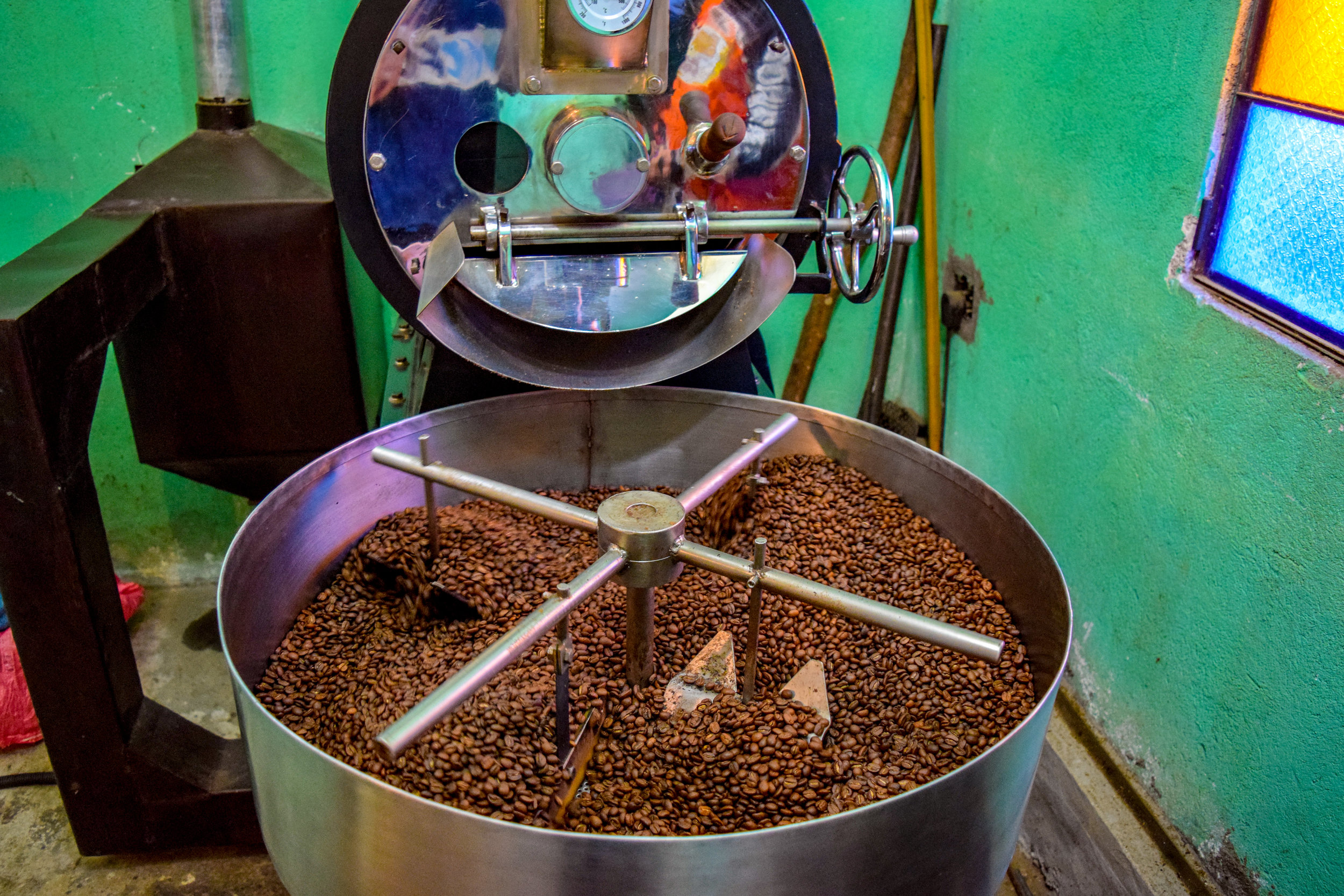
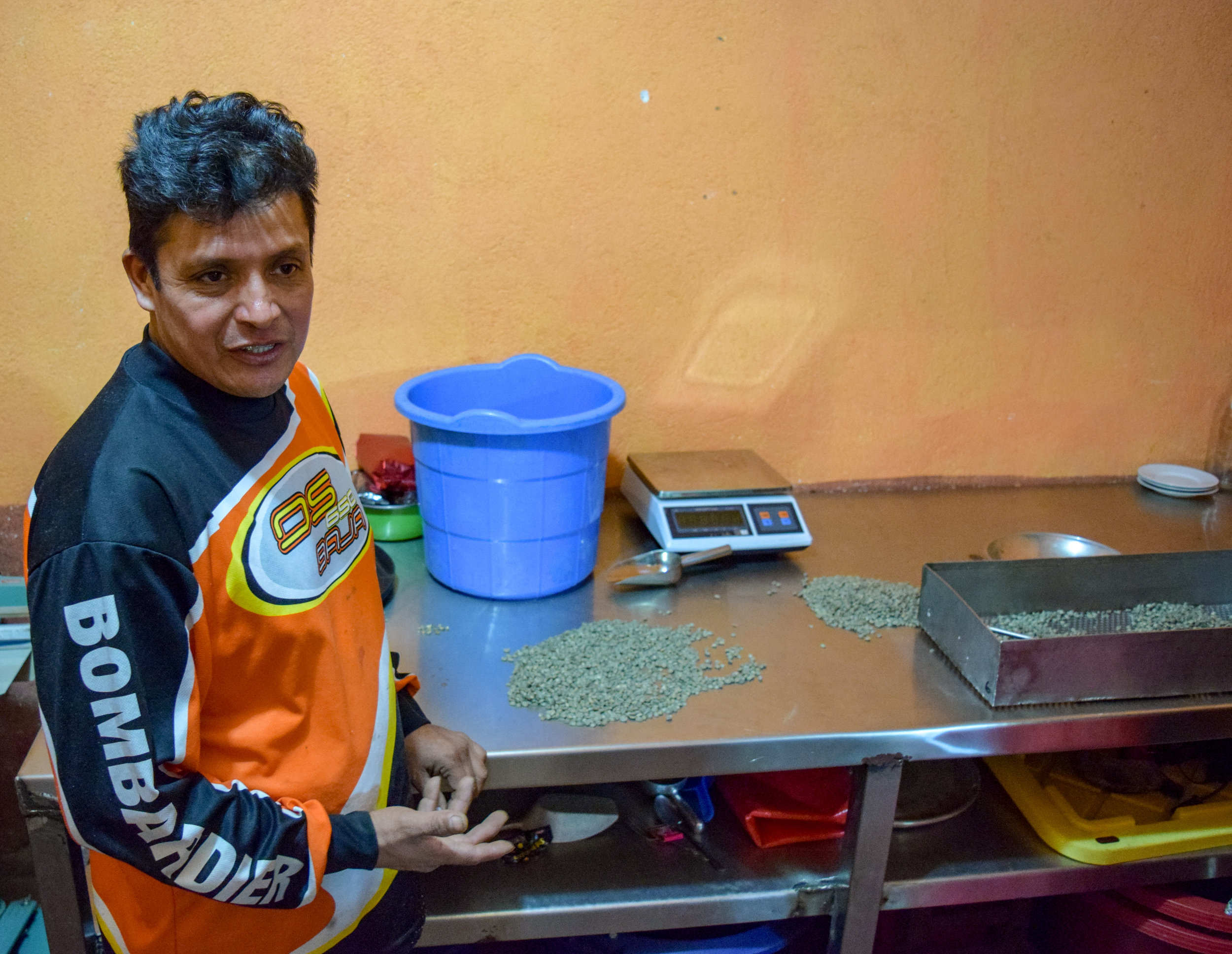

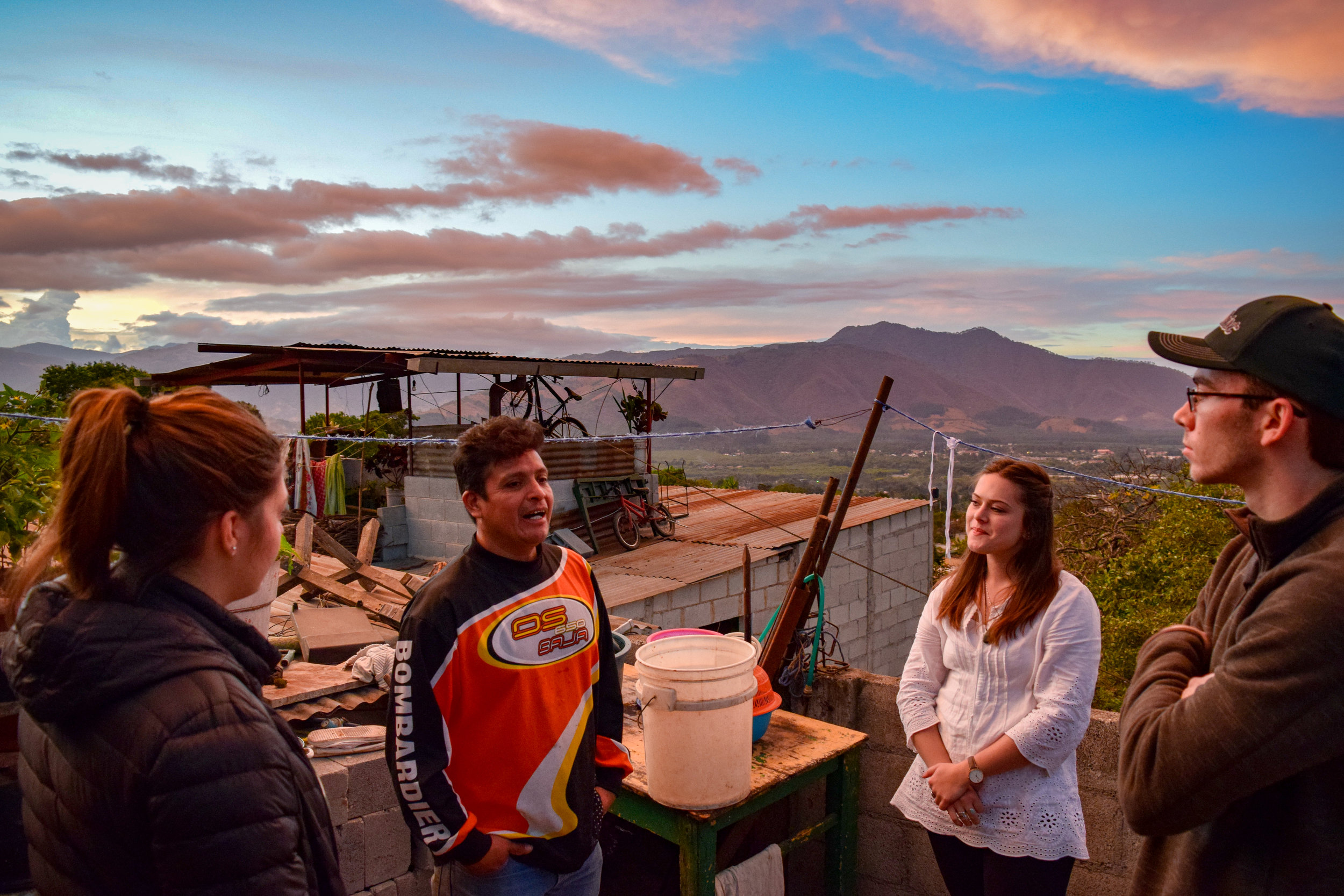
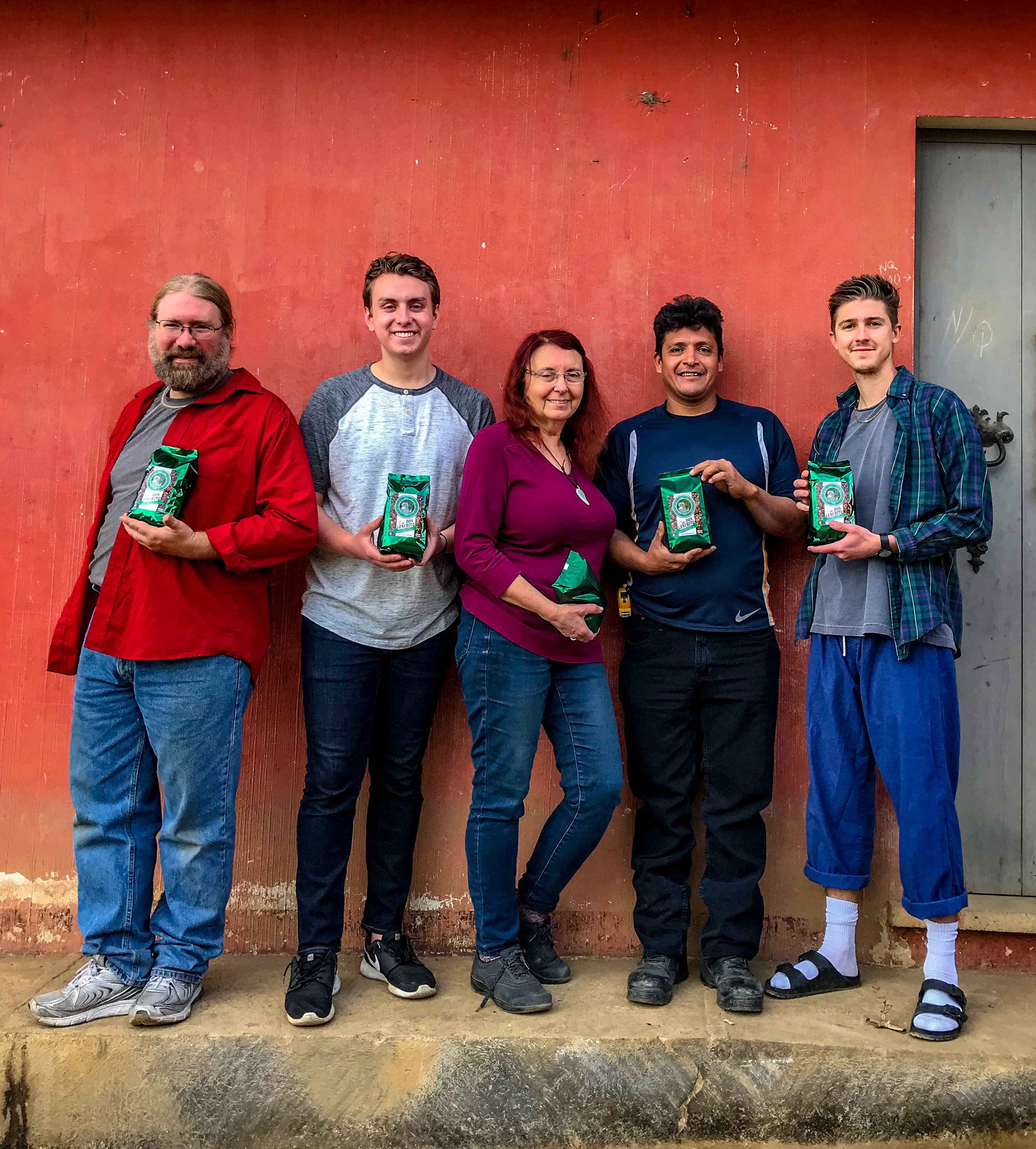
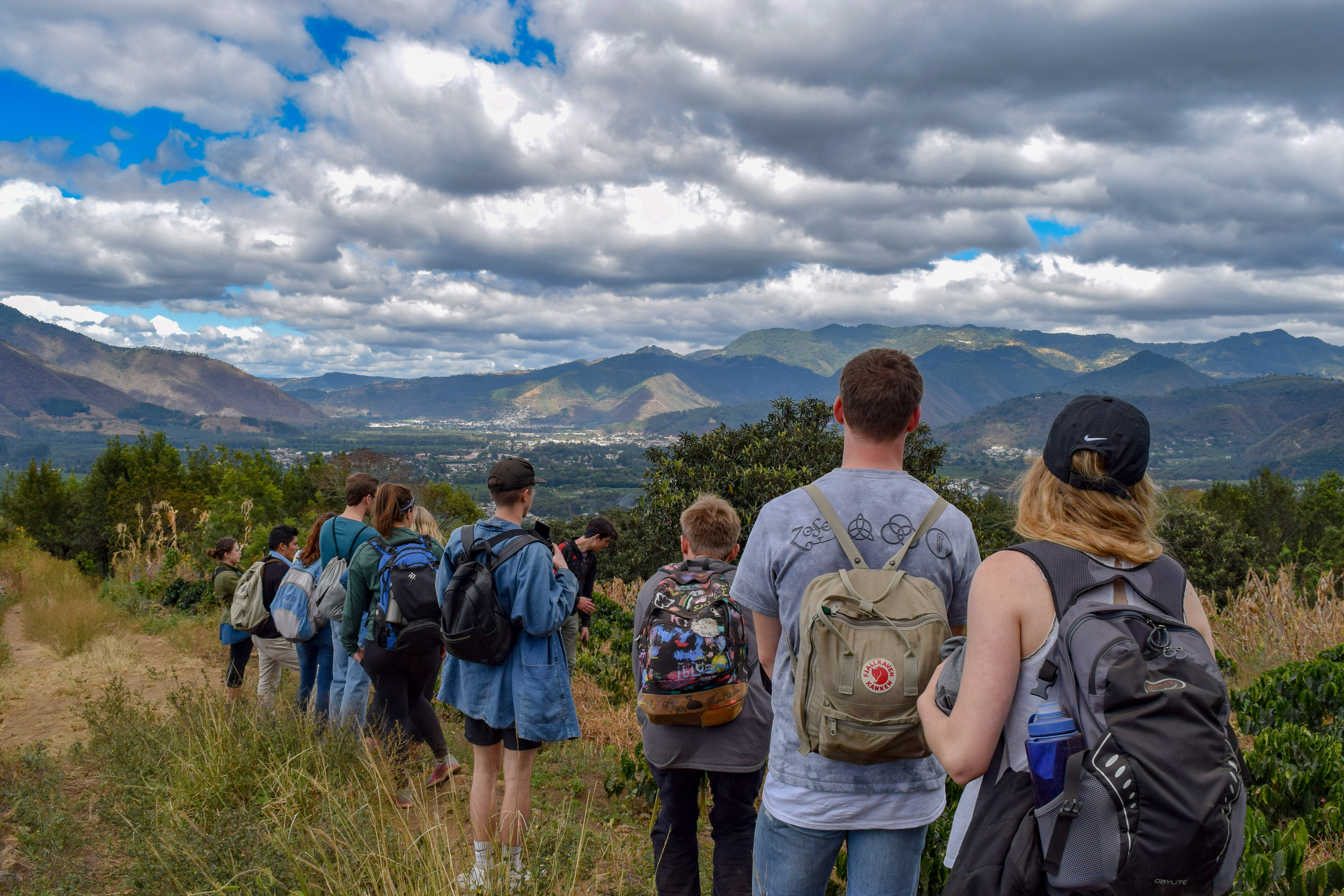
We tailor our loans to fit the needs of each loan recipient. A coffee plant takes about three years from planting to start to give a substantial yield. So, our loan terms gave Sr. Catavi time to find a supply of coffee from nearby coffee farmers, purchase processing equipment, and learn the ins and outs of coffee processing and roasting. In light of the facts that coffee is harvested only once each year and he had no knowledge or capital at the beginning of the loan period, he would not have been able to make monthly payments. Moreover, SGDF does not charge interest. A traditional lender would never have loaned money to a low-income small entrepreneur, and a loan without interest would have been unfathomable.
Moving on, SGDF has already signed a contract loaning some of the $1,300 Sr. Cataví repaid to us to a cardamom farmer. There are new markets for cardamom oil today, and our loan will help a small farmer enter those markets. Moreover, we are recycling our funds and working on other loans.
Thank you for supporting our SGDF students. They are making a difference in the lives of small entrepreneurs and their families and communities in Guatemala and beyond with every loan they make. It’s about giving a hand up, not a hand out. And, if you get a chance, please check out our website: www.spartanglobalfund.org.
Many thanks for your support!
